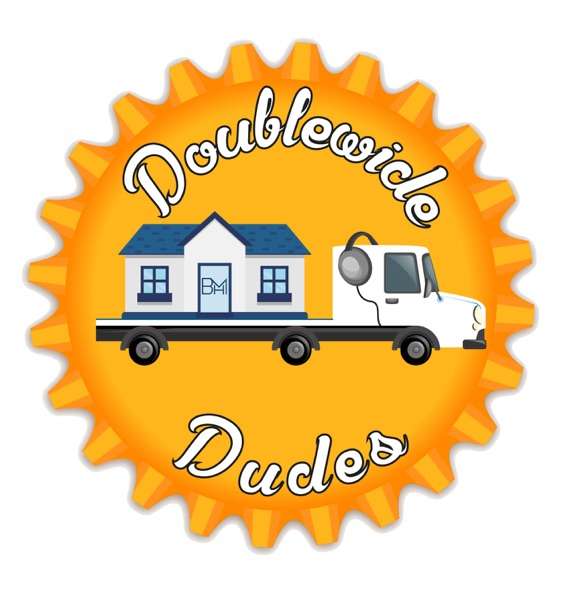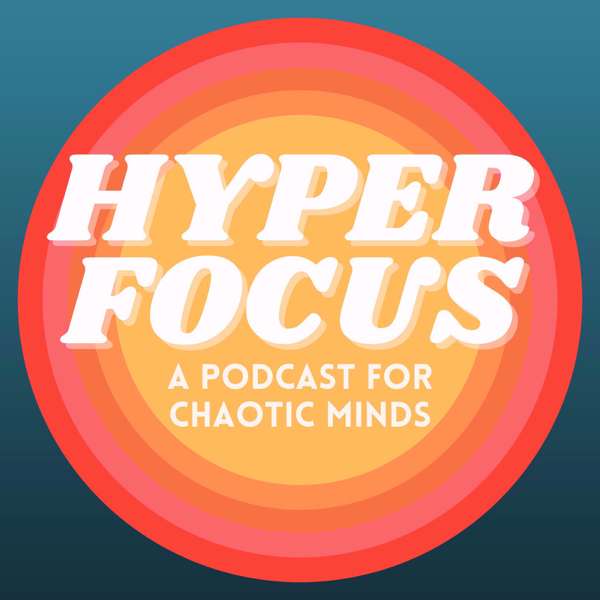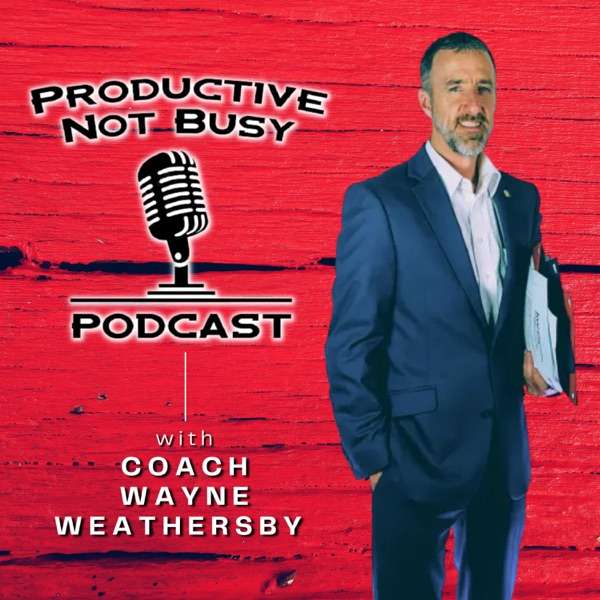We love animals, so farming livestock was an easy decision for us. So how can we eat the animals we love? Today, I’ll tell you why PETA is dead wrong and why eating the "right" meat is best for people, the environment AND the animals.
Listen to the Podcast
Subscribe to Self-Sufficient Life on iTunes, Stitcher Radio, Google Play or TuneIn
So, of all the decisions we contemplated when we began farming a decade ago, choosing to farm livestock was the easiest.
Of course, that meant we would care for livestock, and then eat animals we cared for.
We spent years hatching cute little chicks, watching Ossabaw Island piglets being born in the woods, pulling calves, collecting and cleaning eggs, and just watching our cows and sheep graze lush pastures.
We’ve loved farm animals since we took our first steps out of the rat race, and we love everything about them.
So it seems strange to some folks that we not only eat our animals, but we give them names and develop relationships with them before we do.
If that doesn’t make sense to you, let me explain why it does to us.
You see, there were four reasons why the path of raising animals for food was so clearly right for us 10 years ago, and continues to be today.
The first reason is that we love animals.
All animals.
One of the things we joked about when we first bought our sprawling acreage was that we could have as many pets as we wanted.
My wife, Liz, is attracted to pet stores the way Winnie Mandela is attracted to shoes, so it was easy for us to dream of raising chickens, cows, pigs, sheep and any other animals we could get our hands on.
But if you love animals, you can’t eat them…can you? I mean, how Can You Eat the Animals You Love?
Our love of animals brings up a paradox for many people and leads into the second reason why we chose to raise (and eat) animals. The paradox is, how could we love an animal and yet kill it for its meat?
When it comes to eating meat there is a clear line of division among people.
The majority, being products of an environment where meat is cheap and plentiful, think nothing of consuming it.
Then there are those who, acting mainly out of what they view as compassion for animals, choose to not eat meat. They derive their protein from other sources and take comfort in their perception that no life is harmed in order for them to eat.
In reality, it’s well known that countless lives of insects and mammals are sacrificed to sustain a vegetarian diet.
There’s a thought-provoking article on care2.com titled, Do Vegetarians Kill More Animals Than Meat Eaters?The article has over 23,000 comments so, yeah, it was widely read and got people thinking.
The article cited an written by Mike Archer AM, Professor and member of the Evolution of Earth & Life Systems Research Group at University of New South Wales. That article was titled, “Ordering the vegetarian meal? There’s more animal blood on your hands.”
According to Archer’s research, he concluded that protein obtained from grazing livestock costs far fewer lives per acre than simply growing grains. Therefore, he concluded that it is a more humane, ethical and environmentally-friendly dietary option.
If you eat meat, you’ll probably agree, and if you don’t, you’ll vehemently disagree, right?
But let’s get back to our reasons.
To my way of thinking, even though vegetarians often tout perceived health benefits of their diet, the health benefits are not the reason they originally sought a diet free of meat.
Rather the decision was based on moral grounds, and it is these values that are put forth as a moral challenge to the world’s meat eaters with the claim that it is unethical to eat meat.
If you look closely at the reasons cited, vegans indeed have a point worthy of consideration.
After all, the factory-farmed animals that give their lives for our dining pleasure endure, by most definitions, horrid existences.
Laying hens packed in battery cages unable to ever spread thei...

 Our TOPPODCAST Picks
Our TOPPODCAST Picks  Stay Connected
Stay Connected







